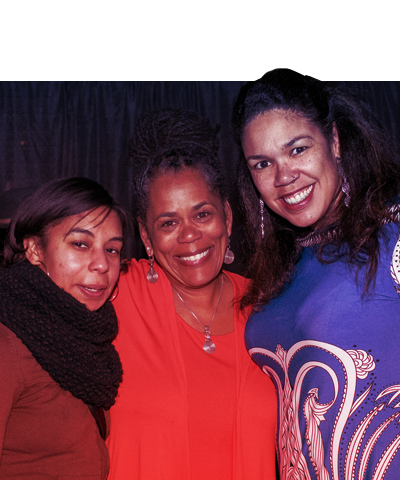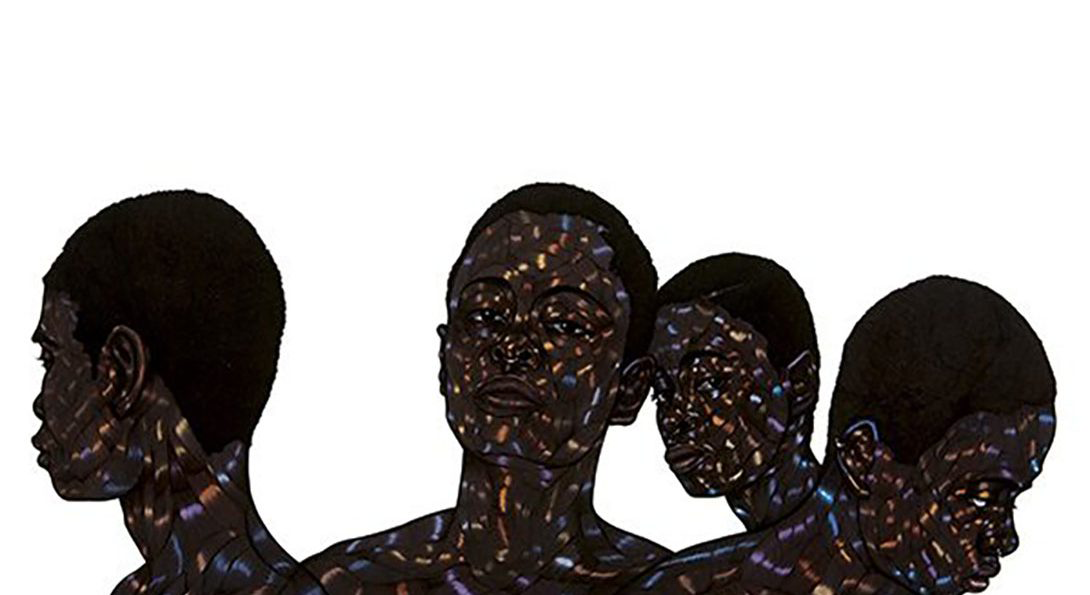Interdisciplinary Concentrations
Interdisciplinary Concentrations Heading link
The UIC Department of Criminology, Law, and Justice currently offers four interdisciplinary and interdepartmental concentrations in other areas that graduate students may choose as a concentration for their Masters or PhD program. Explore the options in greater detail below.
cont.
This concentration will provide students a holistic view of the problem of violence in society and deepen their knowledge and skill set to address it. The outcome of this concentration will be broadly trained individuals who can apply theories and methods from multidisciplinary perspectives to critically analyze and effectively respond to various types of violence in society through innovative programs of research, policy development, treatment, and prevention.
Requirements for the Concentration
There is a minimum of 11 semester hours of course work, (typically four semester-long courses) that will consist of two foundation courses from the following set of courses:
- EPID 428, CLJ 423/ANTH 424, CLJ 546, SOCW 544, or GWS 521/PSCH 521,
And two supplementary courses from the following set of courses:
- CLJ 422, CLJ 424/GWS 424, CLJ 500, POLS 571, PSCH 417, SOCW 517, SOCW 525/GWS 525.
For more information, contact our department advisor.
cont.

Requirements for the Concentration
The primary goal of the Interdepartmental Graduate Concentration in Survey Research Methodology (GCSRM) is to provide graduate students with the opportunity for systematic, integrated study of issues relevant to the conduct of professional survey research.
There is a minimum of 14 semester hours of course work, of which at least 7 must be from among the core courses in the concentration:
- CHSC 447, CHSC 577, BSTT 440, PA 588, PA 579, and STAT 431
The remaining hours must come from survey research methodology elective courses, independent study decided in consultation with the advisor, or alternative courses approved by the advisor and the director(s).
For more information, contact our department advisor.
cont.

Requirements for the Concentration
This concentration entails a completion of a minimum of 16 credit hours (typically four semester-long courses) which includes Feminist Theories (GWS 501) and Research Approaches in Gender and Women’s Studies (GWS 502) plus eight additional hours of Gender and Women’s Studies or cross-listed courses at the graduate level or the equivalent.
For more information, visit:
The Department for Gender and Women’s Studies
cont.

The concentration offers students a systematic, integrated, interdisciplinary approach to research on Latin America and U.S. Latinos, as well as transnational processes configuring the Western Hemisphere even as the students pursue a traditional academic discipline.
Requirements for the Concentration
Concentration courses include a core seminar (LALS 501), plus 3 electives for a total of 16 units beyond or combined with graduate program degree requirements. No more than 8 hours [2 semester long courses] can be taken in the student’s home graduate unit.
For more information visit:
The LALS Department’s graduate webpage.
cont.

This concentration offers Masters and Ph.D. students a unique opportunity to complement the graduate coursework in their home department with interdisciplinary training. It is designed to provide graduate students a deeper understanding of scholarship and research methods in Black Studies and to foster participation in an interdisciplinary community of young scholars engaging with faculty experts. The concentration will enable researchers and practitioners with a wide range of intellectual and professional interests to develop expertise in race, culture and politics before they embark on their careers.
Black Studies is a robust interdisciplinary area of study that is informed by traditional disciplines including history, literature, sociology, philosophy, political science, and psychology, as well as newer and emerging fields including gender studies, postcolonial studies, disability studies, and Asian American, Latinx, and indigenous studies. Drawing on hybrid and innovative methodological and theoretical approaches, the department provides courses across historical periods and locations—from a focus on the city of Chicago to black cultures and communities in the Caribbean, Africa and Europe, as well as North America.
For full concentration requirements, please visit the the Department of Black Studies website and the UIC Course Catalog